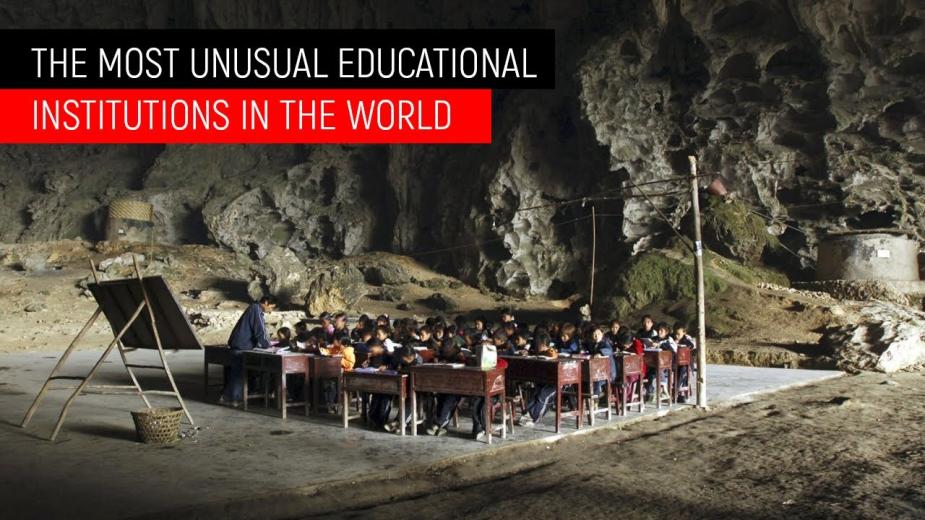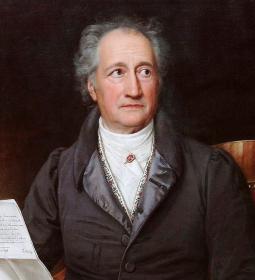Ten years ago, most parents did not even think that education could take place outside of school, without a schedule, lessons and mandatory tests! Now more and more families are seriously discussing a format called unschooling. Moreover, opinions about it are diametrically opposed: some call it the future of education, while others call it a direct path to illiteracy. So what is unschooling, how does it work, what are its pros and cons?

What is unschooling and where does it come from?
If you try to explain it as simply as possible, unschooling is learning without textbooks, programs and schedules. The child decides for himself what he is interested in learning today and in what way, this is complete freedom in choosing knowledge and its sources. Someone learns to count in the kitchen, helping to cook, someone understands biology, watching plants in the yard, and someone learns English from computer games.
Unschooling appeared in the United States back in the 70s of the last century, but in recent years it has been actively discussed in other countries. The reason is clear: parents are looking for ways to make learning more flexible, friendly and tailored to the personal characteristics of the child. Somewhere this has already become part of the system, for example, in several US states, unschooling is enshrined at the legislative level.
What is good about unschooling?
Supporters of unschooling often say that its main advantage is freedom. The child learns what really interests him: there is no need to sit in boring lessons, learn things that do not resonate, or adjust to someone else's schedule. The educational environment becomes flexible and open: you can immerse yourself in one topic for a few days, and postpone another for later or not study at all if it is not relevant.
Another important advantage is respect for the child as a person. Here it is customary to take into account his opinion, desires and rhythm. In such a system, no one shames you for mistakes, but on the contrary, mistakes become part of learning, because a person always learns through experience, and not through prohibitions and notes in a diary.
Those who grew up in unschooling note that it was this system that helped them learn to analyze their actions, make decisions, understand what they are really interested in, and not be afraid of criticism. Also this gives a good foundation for adult life: career guidance, independence, self-confidence.

What are the weaknesses of unschooling?
Like any system, unschooling has its controversial points.
- The first controversial issue is socialization. Opponents of unschooling believe that children in such a system communicate less often with their peers, learn worse to negotiate, resolve conflicts and find friends. Although this largely depends on how the life of the family is organized: if parents are involved in the process, find circles, walks, sections and other opportunities for communication, this problem is easily solved.
- There is also an opinion that unschooling does not provide the necessary amount of knowledge. After all, a parent, no matter how attentive, does not always notice the gaps, and the lack of structure and discipline can play a cruel joke if the child is prone to procrastination (and few children really have a good sense of self-control!). However, it is worth remembering that a traditional school does not always provide a deep assimilation of the material, the fact of passing tests does not yet indicate a real understanding of the subject.
Why is this topic so hotly debated?
In fact, the reason is simple – the traditional education system and unschooling are at opposite poles. At school, everything is built on standards, norms, strict deadlines and exams, and in unschooling - on individuality, freedom of choice and trust in the child. It is clear that such different approaches cause a clash of opinions.
In addition, let's be honest: there are parents who hide their inaction under unschooling. When a child simply does not go to school, and parents do not take responsibility for learning and development, this is no longer free education, but a neglected situation. It is because of such examples that unschooling has a lot of opponents.









